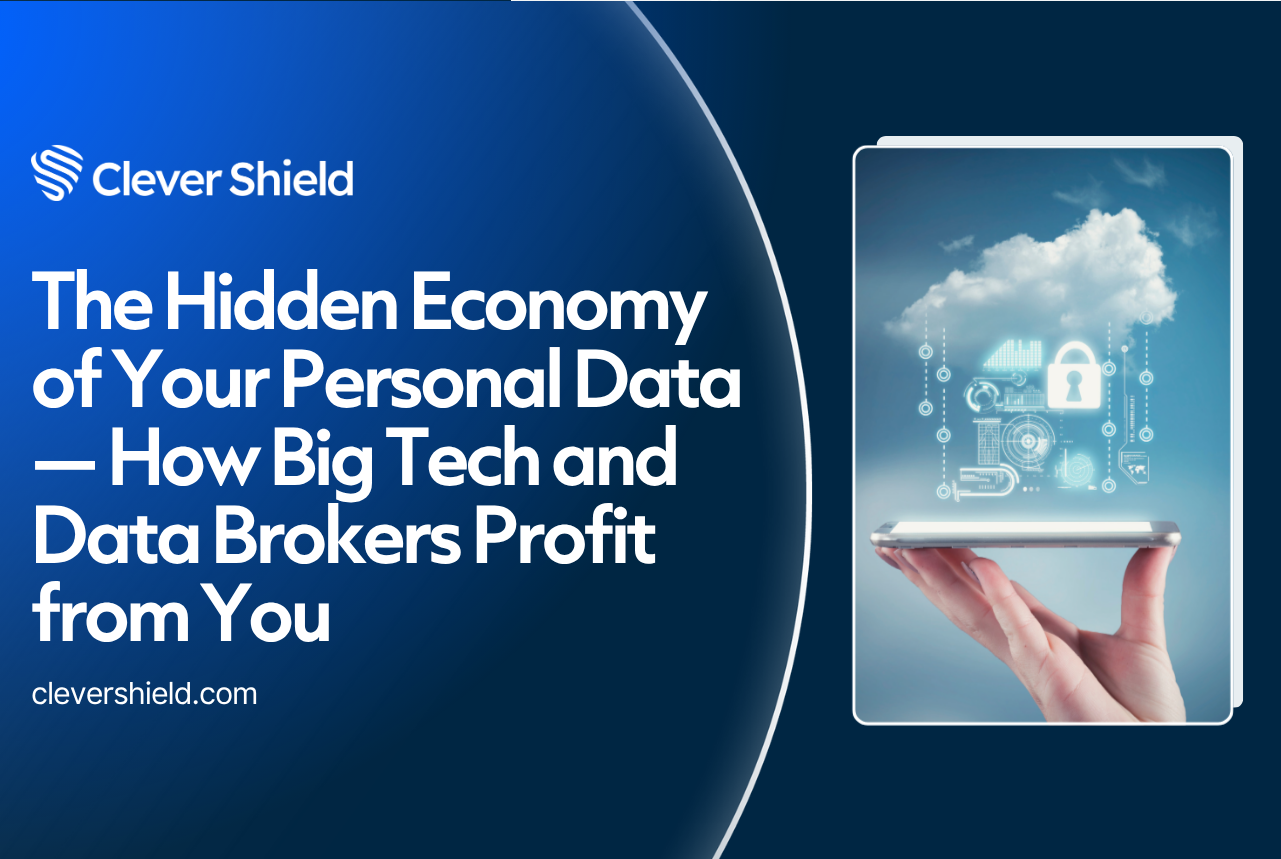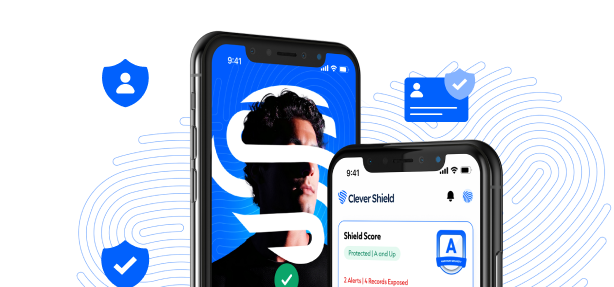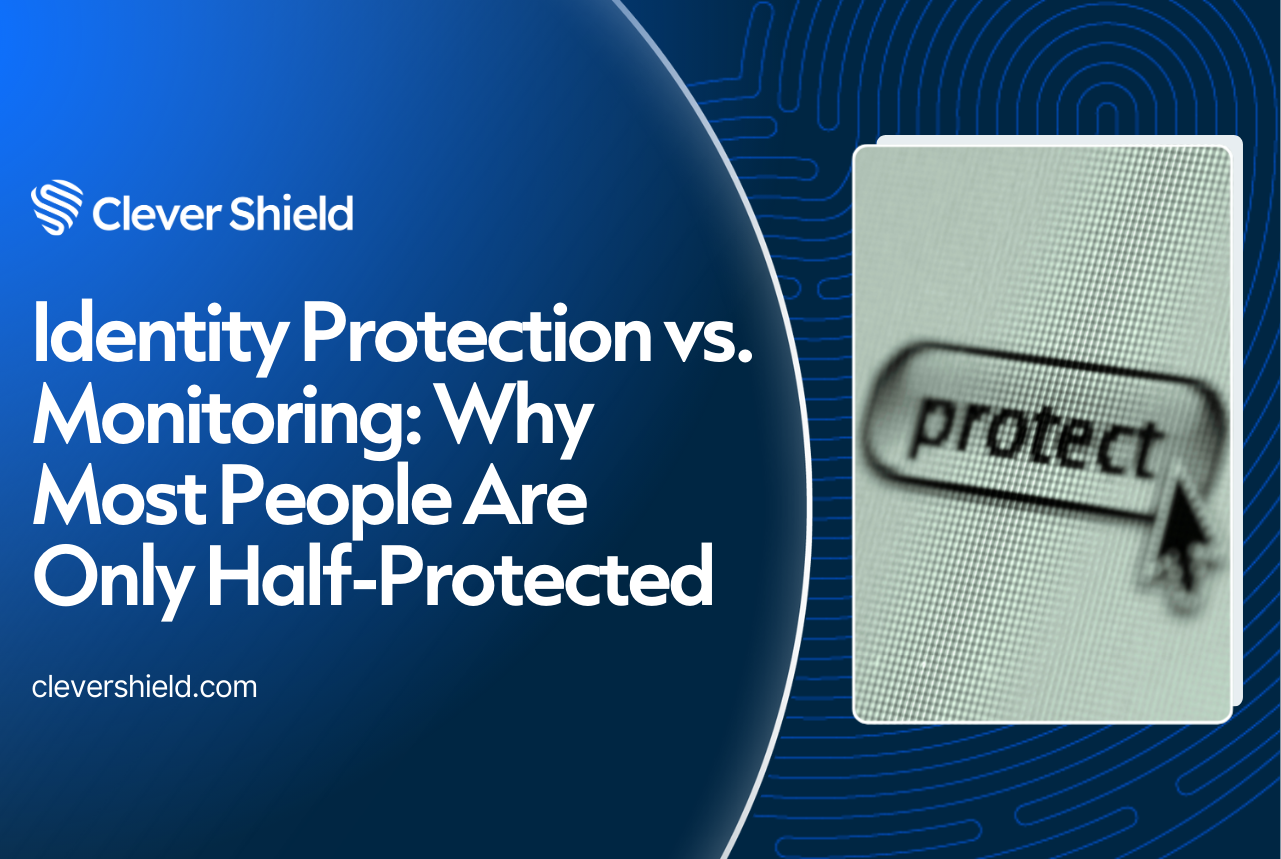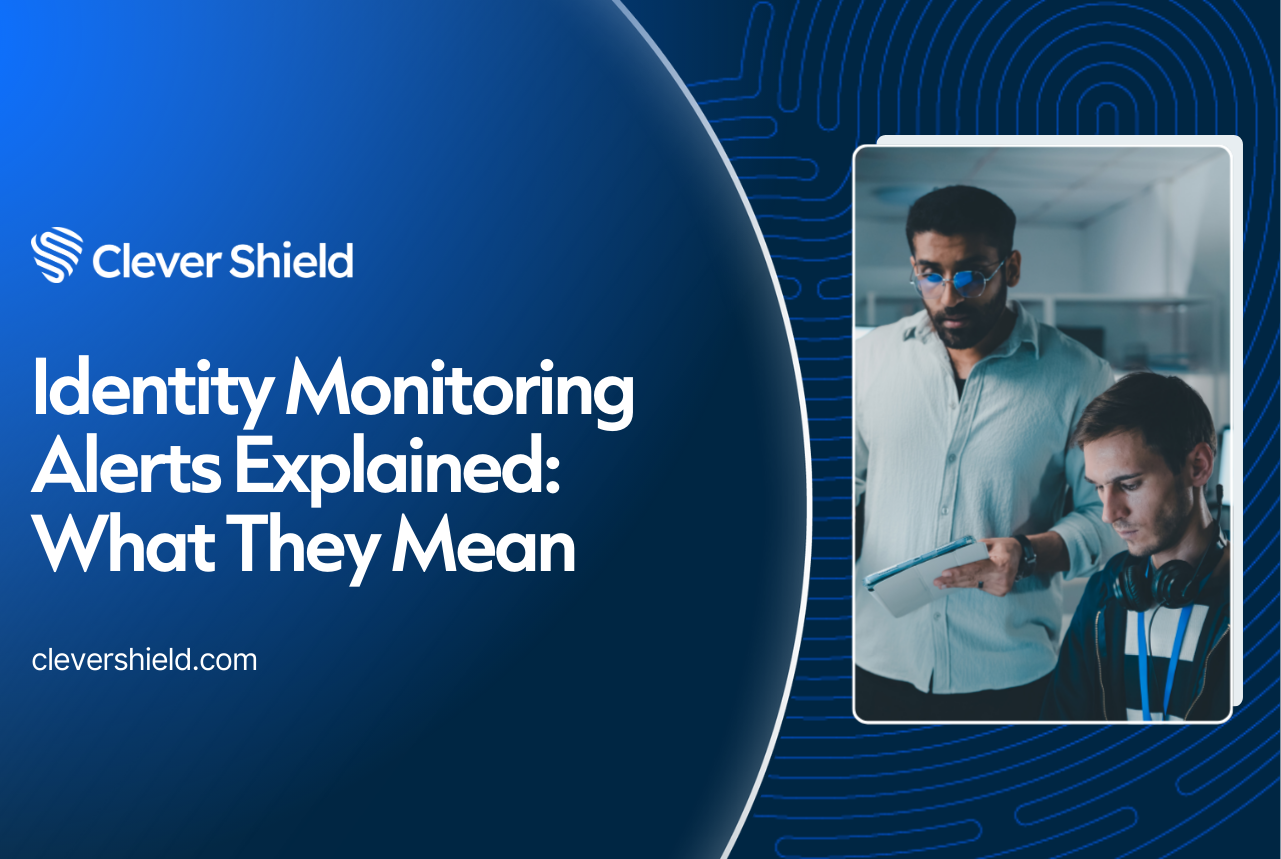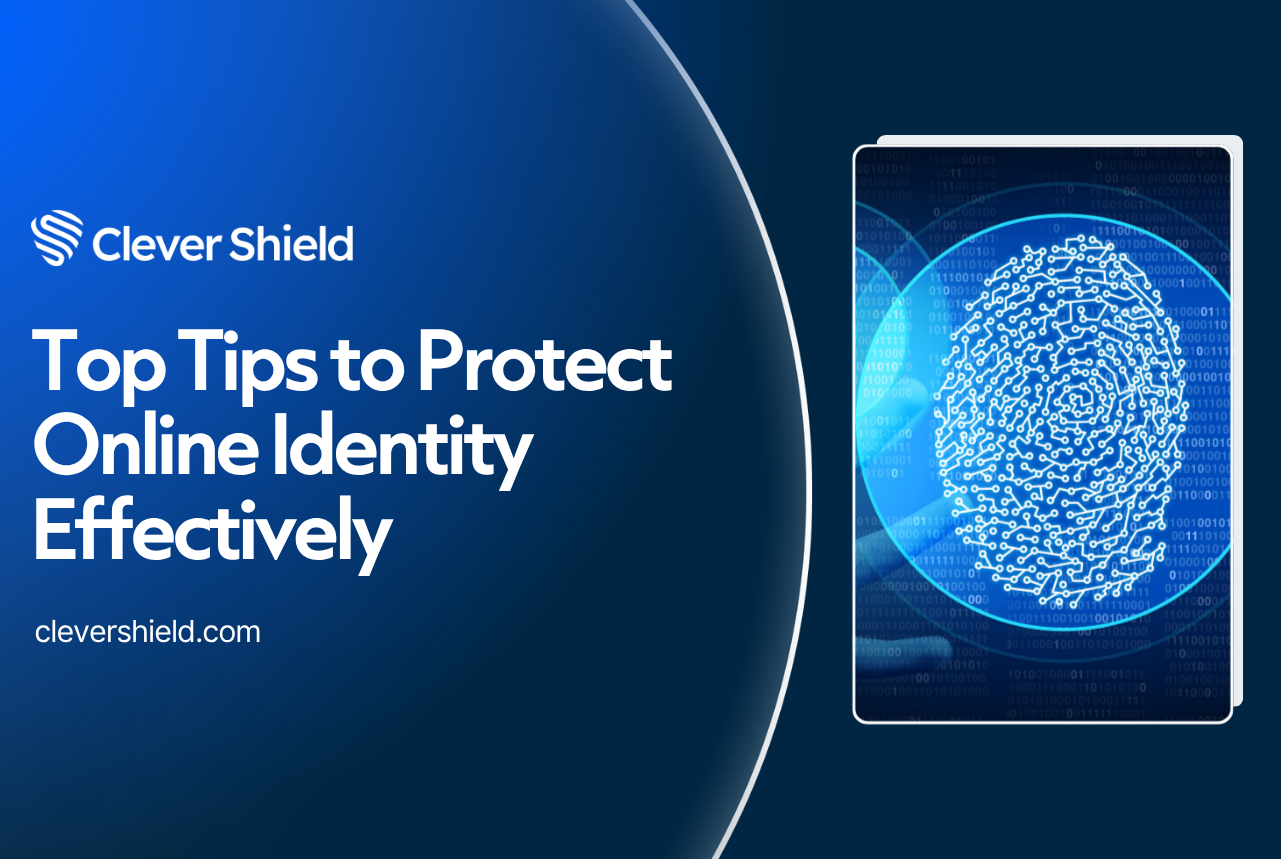You might think your personal data isn’t worth much. After all, it’s just your name, your habits, your clicks.
But together, those details fuel a multi-billion-dollar global industry — one that runs quietly behind your screen.
Welcome to the hidden economy of personal data, where corporations and data brokers profit from every search, swipe, and subscription.
In this invisible marketplace, you are both the product and the source of raw material.
How the Data Economy Really Works
When you use a “free” service — search engines, social media, weather apps, loyalty programs — you’re not the customer.
You’re the data supplier.
Every digital move you make generates information: location, preferences, purchases, relationships, health interests, and even emotions inferred from your activity.
According to a Pew Research Center study, 79% of Americans believe companies track their online behavior — and they’re right.
This raw behavioral data is processed, categorized, and monetized by Big Tech and data brokers to fuel targeted ads, predictive analytics, and algorithmic decision-making.
In short: your privacy powers their profits.
The Big Tech Model: “If It’s Free, You’re the Product”
Companies like Google, Meta, Amazon, and TikTok have perfected the art of converting data into money.
They don’t sell your name directly — they sell access to you.
Advertisers pay to target people with your exact profile.
Here’s how the cycle works:
- You use an app or platform for free.
- Your actions generate behavioral data (clicks, time spent, interests).
- That data feeds machine learning systems to predict future behavior.
- Advertisers pay for micro-targeting access to those predictions.
Google’s parent company, Alphabet, made over $237 billion from ad revenue in 2023 — largely from monetizing user data.
Facebook’s ad platform, meanwhile, uses over 50,000 data points per person, according to The Wall Street Journal.
Even if you limit permissions, the algorithms keep inferring new traits about you.
The scary part? It’s nearly impossible to know exactly what they’ve built in your “digital file.”
Data Brokers: The Shadow Layer of the Internet
While Big Tech monetizes your data directly, data brokers industrialize it.
They buy, trade, and combine information from multiple sources to create hyper-detailed personal profiles — then resell them to anyone willing to pay.
These brokers collect:
- Public records (addresses, property, court filings)
- Purchase histories from retailers
- Location data from mobile apps
- Social media insights
- Leaked breach data
According to the Federal Trade Commission (FTC), there are over 4,000 active data brokers in the U.S. alone.
They categorize you into “marketing segments” — like New Parents, High-Income Travelers, or Chronic Illness Consumers.
Worse, some segments include deeply personal data such as medication use or mental health indicators.
That means your private life can literally be sold in bulk.
What They Do With Your Profile
Data brokers resell this information to:
- Advertisers — to personalize marketing campaigns.
- Financial institutions — to assess creditworthiness.
- Insurance companies — to predict risk.
- Political organizations — to influence voter behavior.
A 2023 Duke University study found that some brokers offered “anxiety sufferers” or “financially vulnerable seniors” lists for as little as $0.12 per record.
This economy treats human behavior like an asset class — traded invisibly between corporations.
The Economic Scale of Your Identity
Your personal data doesn’t just power ads — it drives global GDP growth.
The World Economic Forum estimates that by 2030, the global “data economy” will exceed $3 trillion in value.
In other words: your online behavior is a commodity worth more than gold — but you don’t get a cent.
This economy thrives on asymmetry: they know everything about you, while you know almost nothing about what they know.
That imbalance is what Clever Shield exists to fix.
The Privacy Cost: What You Lose Without Realizing
Every time you share data — even something simple like your ZIP code or favorite coffee brand — you reveal patterns.
Those patterns feed algorithms that influence:
- Credit offers: Automated systems decide interest rates based on “data shadow” profiles.
- Insurance premiums: Health-related metadata (like step counts or diet app usage) can affect coverage pricing.
- Job opportunities: Employers use “behavioral scoring” tools that rely on broker data.
A Harvard Business Review article called this the “Data Broker Industrial Complex” — a vast ecosystem shaping life decisions without consent or transparency.
You’re not just losing privacy — you’re losing control of how the world perceives and treats you.
How Clever Shield Breaks the Cycle
You can’t control what you can’t see. That’s where Clever Shield changes the equation.
Unlike passive identity tools that simply notify you of breaches, Clever Shield actively removes your data from broker lists and monitors for re-exposure 24/7.
How it works:
- Scans hundreds of broker databases for your information.
- Sends verified removal requests on your behalf.
- Tracks compliance and re-initiates removal if your data reappears.
- Monitors the dark web for compromised credentials.
- Provides up to $1 million in identity theft restoration coverage.
Clever Shield gives you ownership of your digital identity — something most consumers have never truly had.
Why It’s Hard to “Go Private” Alone
Deleting your accounts or turning on “privacy mode” doesn’t stop data brokers.
They continue to aggregate information from public sources, leaked databases, and partner networks.
Manual opt-outs are slow, confusing, and temporary.
Each broker has different processes — some require IDs, others confirmations by mail.
Worse, new brokers appear constantly, feeding on the same ecosystem Big Tech relies on.
That’s why automation isn’t just convenient — it’s essential for long-term privacy.
Government Response: A Step Behind
While consumer protection agencies have started to act, regulation still lags far behind the technology.
- The California Consumer Privacy Act (CCPA) gives residents the right to opt out of data collection — but only if they know who’s collecting it.
- The General Data Protection Regulation (GDPR) in Europe imposes stricter consent rules, yet enforcement is limited outside the EU.
- The Federal Trade Commission continues to investigate brokers, but few face significant penalties.
Until stronger global standards emerge, individuals must take matters into their own hands — and that’s what Clever Shield enables.
Data as the New Oil — But You Don’t Get Paid
There’s a saying in Silicon Valley: “Data is the new oil.”
But unlike oil, you don’t own the well — you are the well.
Your clicks fuel AI models, your metadata feeds advertisers, and your identity drives economic growth — all without your permission or compensation.
Imagine if companies had to pay you micro-royalties for every data point they use.
That’s the world privacy advocates want — but until it exists, you need control tools like Clever Shield to level the field.
How to Take Back Your Data Value
Here are realistic steps you can take right now:
- Run a Clever Shield scan — identify which brokers hold your data.
- Automate removal requests — let the platform handle the paperwork.
- Use privacy-first browsers like Brave or DuckDuckGo.
- Limit app permissions — especially location and contacts.
- Regularly clear cookies and disable third-party tracking.
- Stay informed through trusted sources like CISA Cybersecurity.
Every action compounds. The more control you reclaim, the less profit others make from your digital life.
Why Privacy Is the Next Luxury
As the data economy matures, privacy itself is becoming a premium commodity.
Companies are launching “privacy subscription models” — ironic, considering they caused the problem.
But real privacy shouldn’t be a luxury — it should be a default right.
Clever Shield is built around that belief: giving ordinary users the power to reclaim what’s theirs, affordably and automatically.
You don’t have to disappear from the internet — you just have to own your presence.
Final Thoughts
The hidden economy of personal data has turned human behavior into the world’s most valuable asset.
Big Tech profits from your clicks, and data brokers resell your identity — all while you remain in the dark.
Clever Shield brings light back into that system.
It gives you visibility, authority, and protection — taking the power of privacy out of corporate hands and putting it back where it belongs: yours.
Because your data shouldn’t be someone else’s business model.
👉 Run your free Clever Shield scan today and see how much of your identity is powering the hidden data economy.

